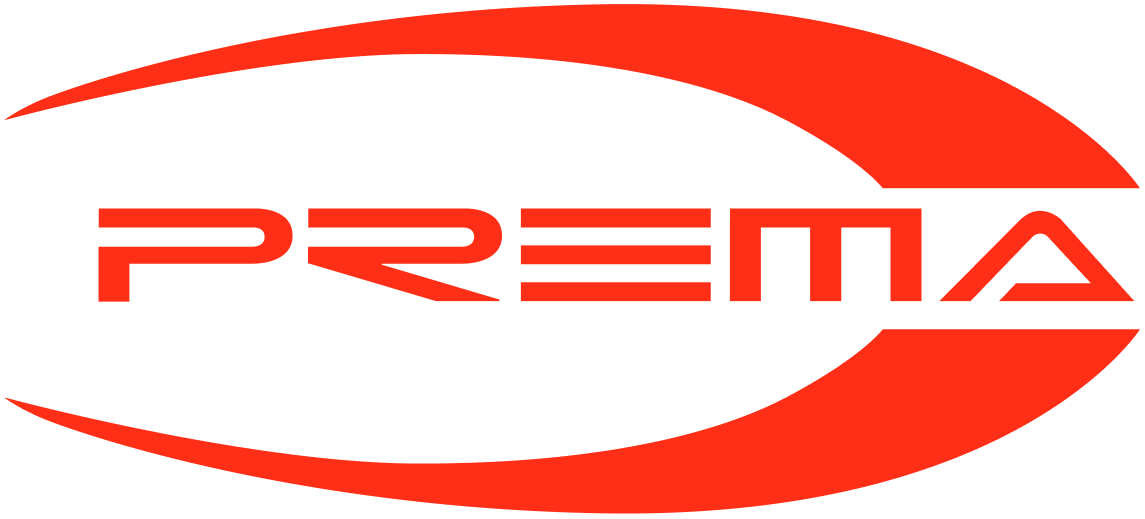In a perfect world, your industrial air compressor would run at peak performance without any hiccups for as long as you need it.
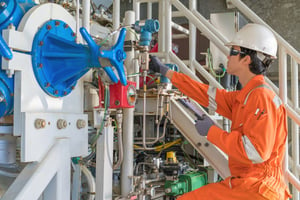 Thanks to advanced technologies like those found in Mattei’s rotary vane compressors, it can come pretty close. For peak performance and reliability, every compressed air system requires regular skilled service. Use these guidelines to determine whether your compressor is at the end of its life cycle.
Thanks to advanced technologies like those found in Mattei’s rotary vane compressors, it can come pretty close. For peak performance and reliability, every compressed air system requires regular skilled service. Use these guidelines to determine whether your compressor is at the end of its life cycle.
During your routine maintenance checks, pay attention for signs that may indicate your compressor is diminishing in performance ability, which may include:
Conducting regular comprehensive maintenance on your air compressor is crucial to extending the machine’s lifespan and ensuring it continues to run effectively. While traditional maintenance intervals are based on hours of usage, it’s best to adhere to manufacturer guidelines for service intervals and conduct routine checkups of appropriate thoroughness on a daily, weekly, and monthly basis.
All checkups should include a visual overview of fluid levels, hose connections and wiring, belts, air inlets, and parts regularly disposed to wear. Further, proper maintenance should always involve using OEM parts, lubricants, and filtration systems.
If your are experiencing operational issues or your air compressor exhibits symptoms of failure, this may not indicate irreversible damage or necessitate immediate replacement. In fact, there are a number of steps you can take to repair the machine and curb further wear. Conduct thorough troubleshooting by examining your:
In some cases, you may be either unable to identify the critical issue(s) hindering your machine’s performance or ill-equipped in the knowledge or tools necessary for making repairs.
In either case, a professional technician will likely be able to detect issues and make requisite repairs quickly and efficiently, saving you on time and costs that may be lost due to attempting your own repairs. Technicians can also estimate the remaining life of your air compressor and frame the value of different repair or replacement options. Ultimately, professional servicing can provide you with more technical knowledge and the insight necessary to make the most cost-effective decision for your compressor.
Depending on the condition of your compressed air system, it may be more cost-effective to repair your machine’s failing parts or to replace your machine altogether.
Consider repairing your air compressor if:
Consider replacing your air compressor if:
It’s important to keep in mind that the initial investment made when purchasing a machine accounts for a mere 12% of the total costs of operating an industrial air compressor. In fact, over 75% of expenditure will go to electricity consumption.
If your compressor is nearing the end of its life, additional costs spent on maintenance and repairs may add up and render repair a less cost-effective option than replacement. Comprehensive cost analysis should involve mapping out and comparing cost estimates of both repair and replacement options — accounting for high energy costs, taxes, and unanticipated problems you may encounter down the road. Speak with your distributor if you have additional questions about air compressor repair or replacement.

Mattei offers a wide range of vane compressor models that perfectly meet the specific needs of the transport industry.

The reliability of Mattei compressors, the high quality standards of the delivered compressed air and the compliance with the industry regulations, make them ideal to be used in the healthcare and pharmaceutical industry.

Reduced operating costs, environmental sustainability and extreme purity of the air supplied make Mattei compressors suitable for all processes in the food industry.
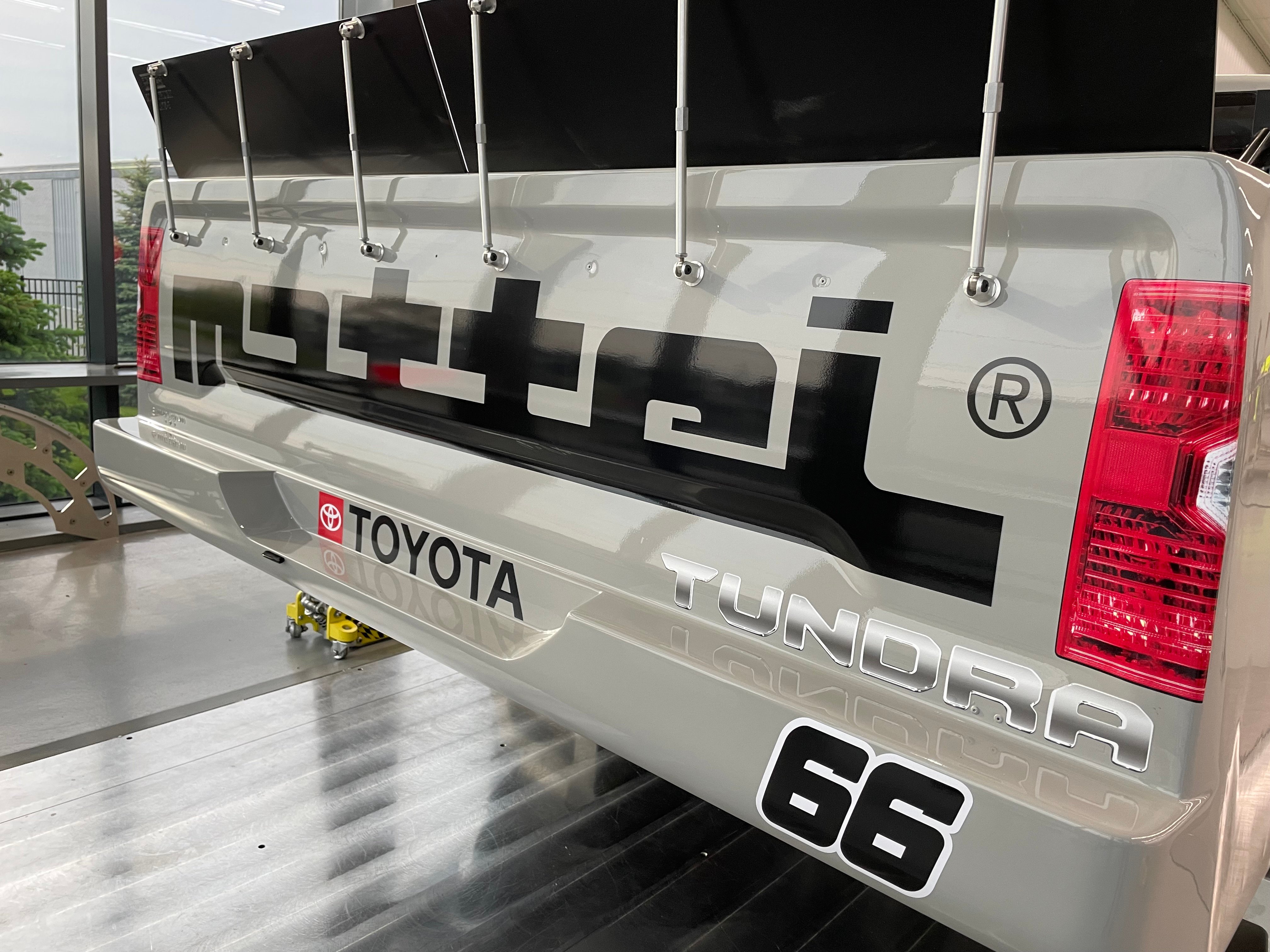
Good luck ThorSport Racing. Waiting to watch the racing!
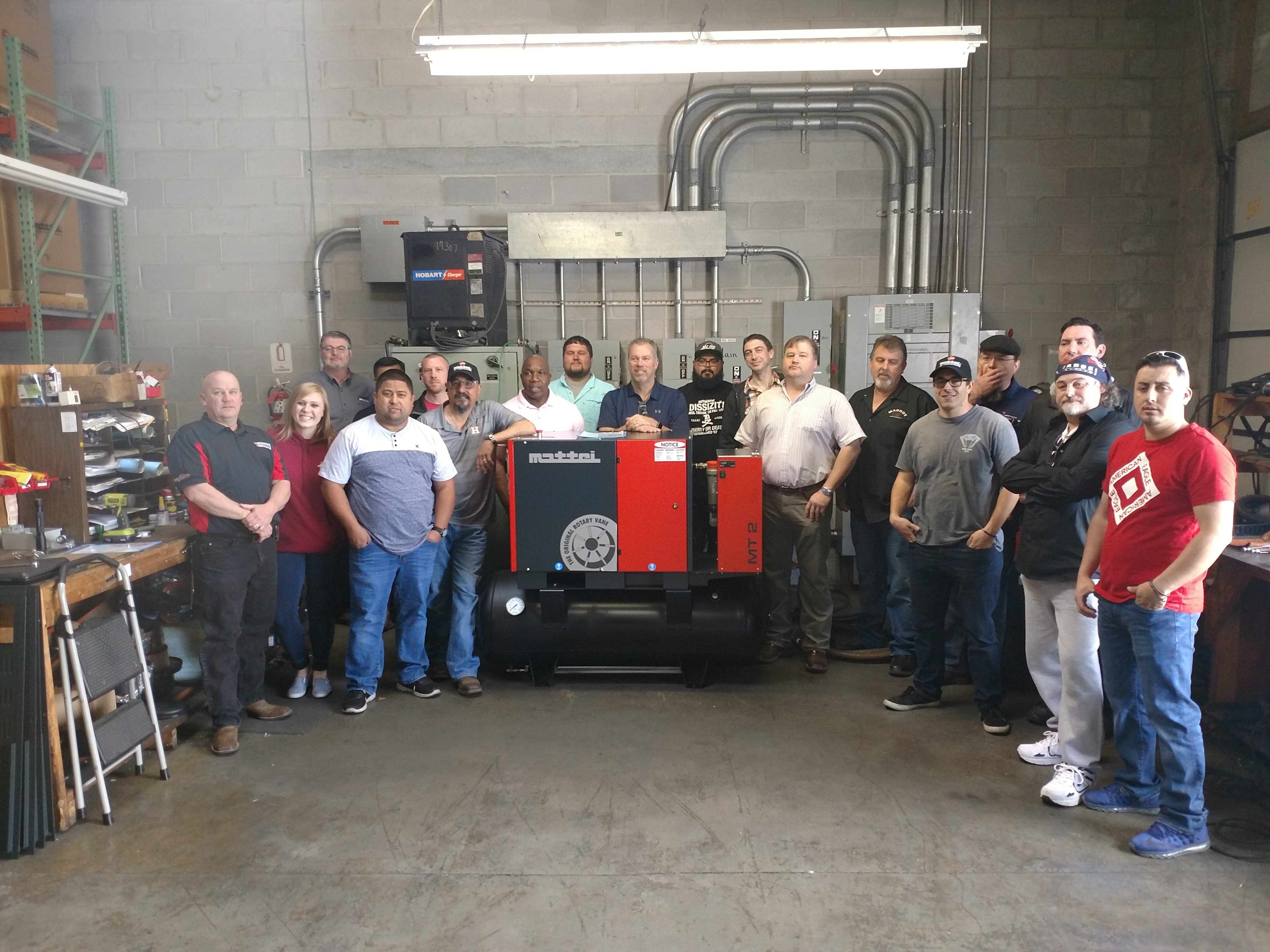
We recently held our Spring 2018 Service School for distributors. The school graduated 17 participants from both the sales and service sides.

Today, Mattei Compressors, Inc., announced the recipients of its 2017 Distributor Awards. These distributors went above and beyond to provide high-quality service to Mattei customers over the past year.
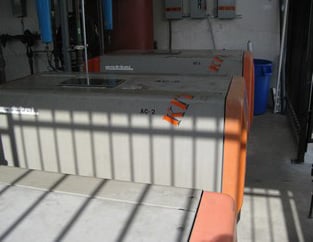
Helix Medical, LLC is widely regarded as a premier supplier of biocompatible silicone medical devices and components to the medical device, pharmaceutical and biotech industries.
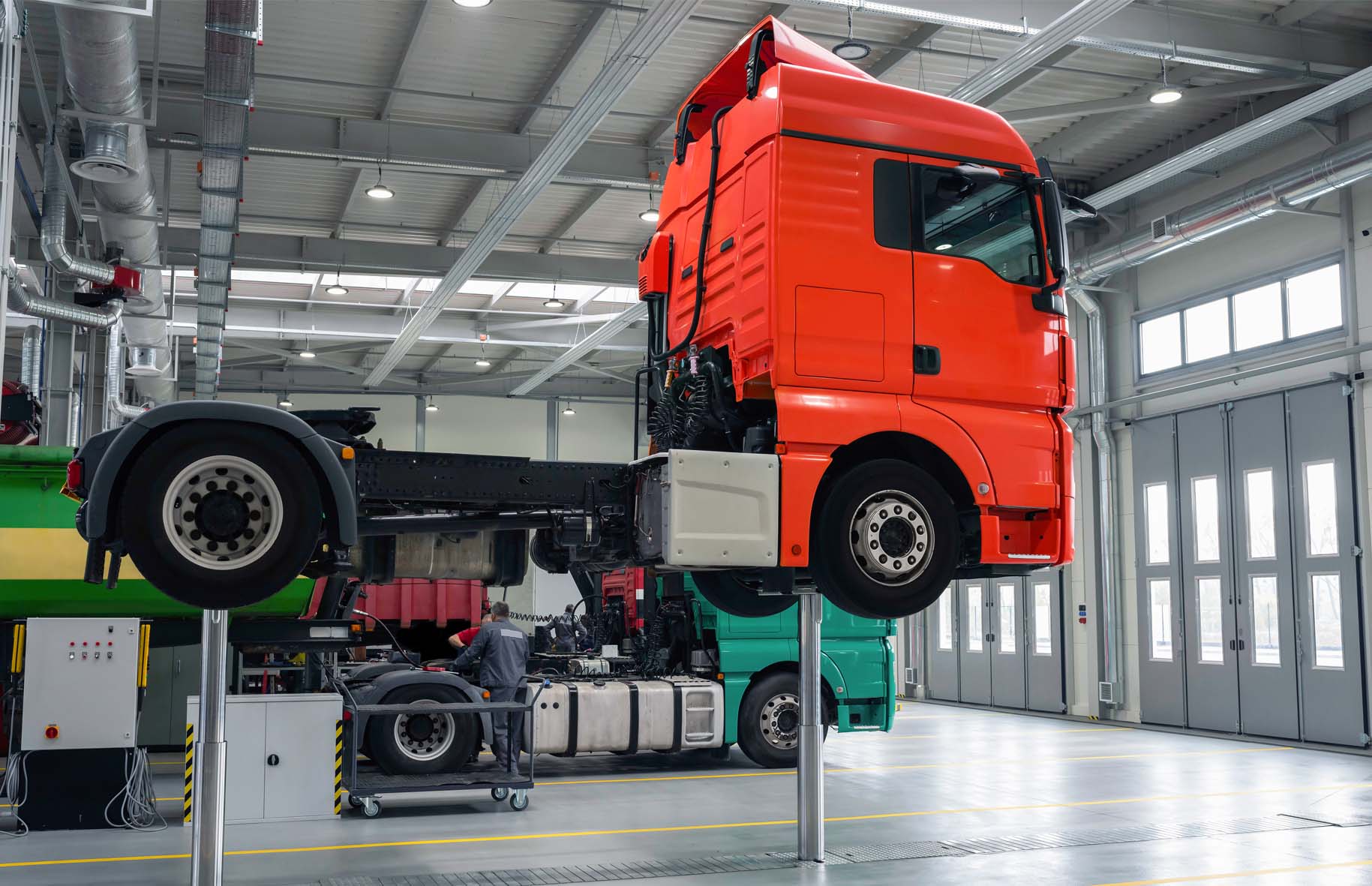
John Baker Sales, a Mattei distributor located in Colorado, worked very closely with Transwest to ascertain the company’s needs prior to making a product recommendation.

